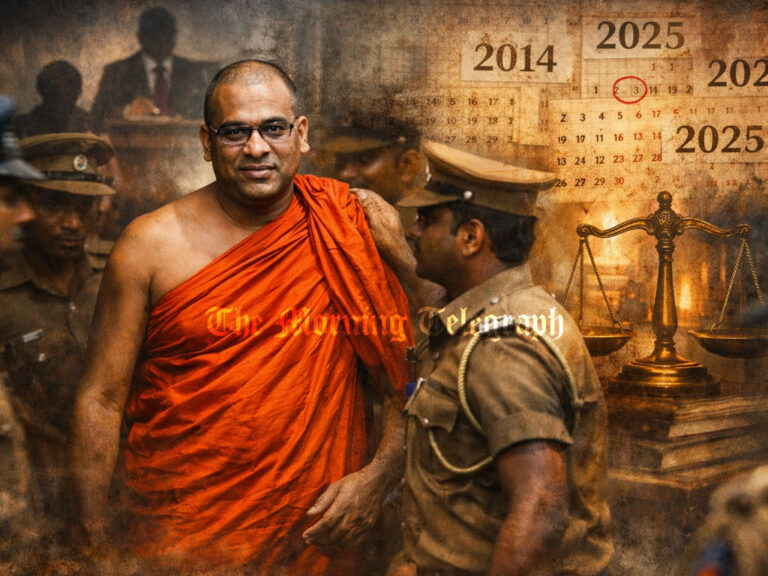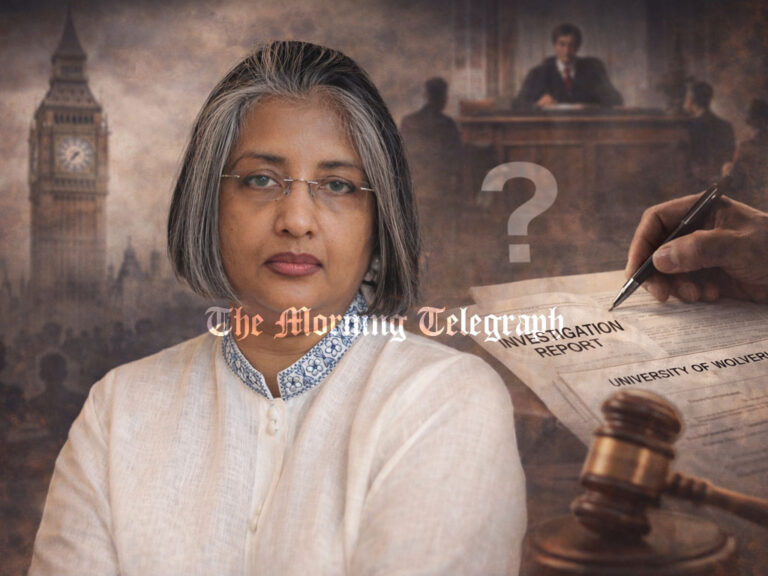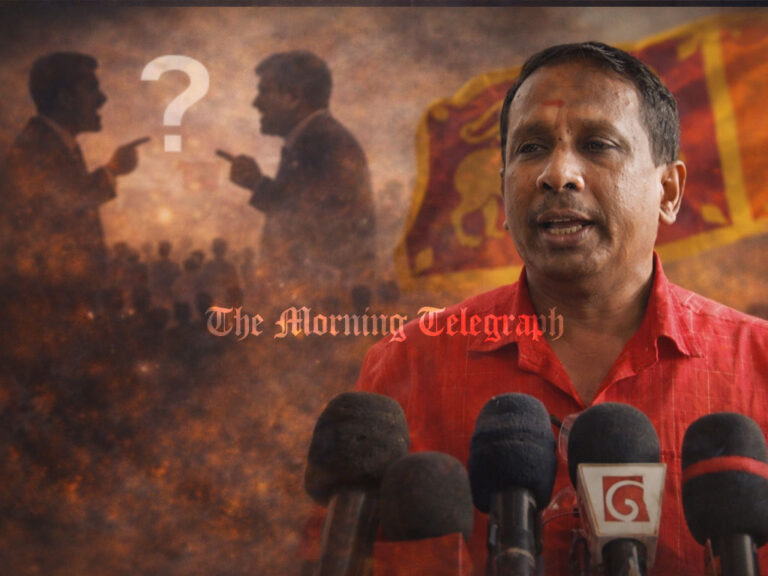
In the corridors of the National People’s Power (NPP) leadership, concern is mounting. A growing perception among the public—that the party’s ministers and MPs have been regularly dishonest—is starting to cast a long shadow over their prospects at the next election.
This isn’t just political gossip—it’s now a matter of internal strategy.
Sources close to high-level discussions reveal that senior figures in the NPP are fully aware of the fallout. The accusation that “the compass is lying” has gained alarming traction, not just among opposition supporters but even among disillusioned segments of their own base. With elections looming, the stakes have never been higher.
In response, the leadership has called for immediate damage control.
A directive has gone out to election candidates and current MPs urging extreme caution when speaking at public events or in front of the media. Every word, they’ve been told, matters. A single misstep could become viral fodder, amplifying the already widespread claim that the party cannot be trusted.
At the same time, NPP-affiliated opposition politicians have been advised to turn the tables—drawing public attention back to past falsehoods and inconsistencies from rival parties. The goal is clear: shift the narrative, muddy the waters, and deflect the perception of dishonesty by spotlighting the sins of others.
But inside the party, the anxiety is palpable. Trust, once lost, is hard to regain. And in a political landscape where image can make or break a campaign, even a subtle crack in public credibility can spiral into a full-blown collapse at the ballot box.
The NPP leadership knows this. And so, behind closed doors, the compass is being recalibrated—not just to guide policy, but to steer public trust back on course.
Whether it’s too little, too late, remains to be seen.




